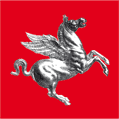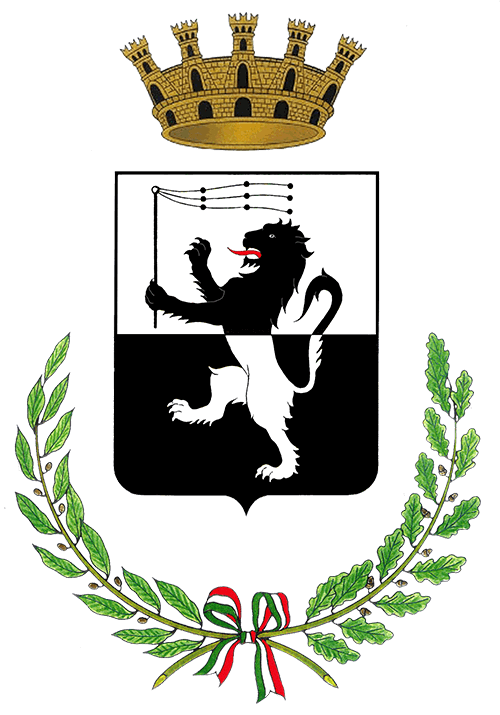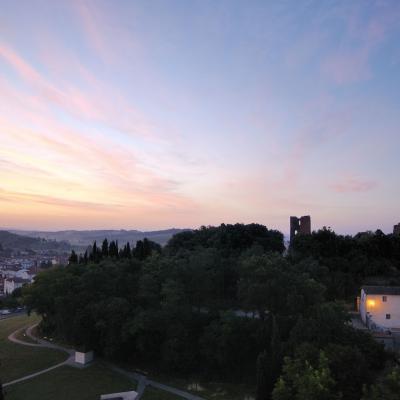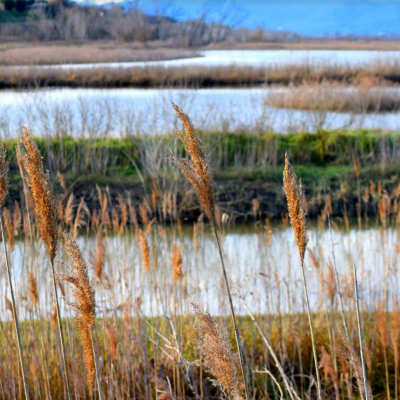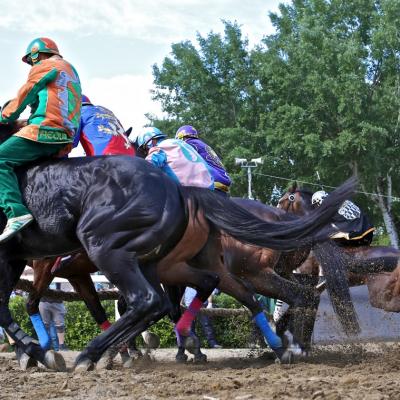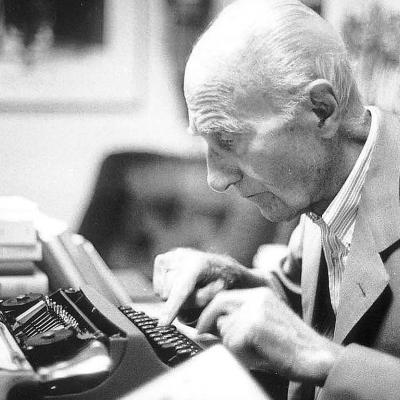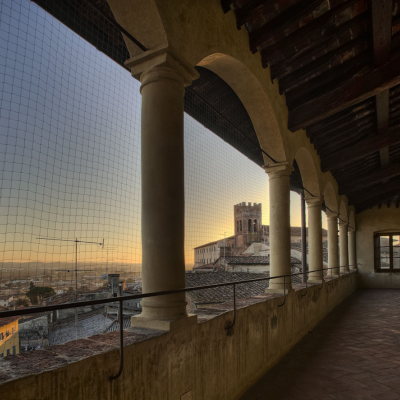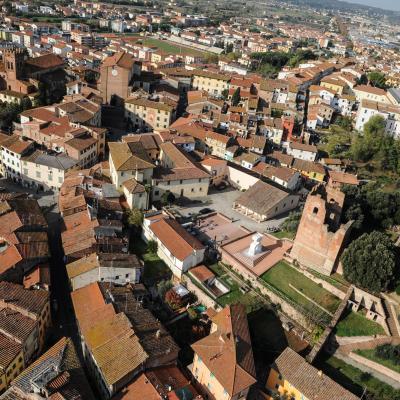At the beginning of the Palio, as it has been said, there is an ancient contention, called Gioco or Palio della Lancia, which took place many centuries ago in the city of Fucecchio. According to some, the goal of the game was to stick the spear, precisely, in the walled iron rings in the facades of the ancient palaces, usually used to tie horses; According to others, the Jouster attempts to insert the spear into a ring attached to the end of a cord hanging from a water-filled tub, three times.
Over time, real horse races were organized on the streets, within both religious and civil festivals, an ancient custom of almost all the countries of Tuscany. "The singles would win," says Riccardo Cardellicchio, "but from time to time the signs of Contrade came out. Sporadic initiatives in the 18th and 19th centuries."
As recently as 1855, shortly before cholera spread in the city, the annual Palio della Lancia took place, but it was not organized for the next eight years, due to the historical and political contingencies of Italian Unity. The last competition, according to the documents still found in the local historical archive, was held on June 14, 1863; it was followed by the final burial of the Joust.
In 1980 it was the Blood Donor Group Fratres, with President Tommaso Cardini, who revived the competition, organizing a pony race to promote blood donation. The decision to organize a real Contrade Palio, with horses mounted by jockeys, was made the following year. After an initial presence of sixteen districts the number finally dropped to the current twelve, and in 1995 the Palio, now grown much compared to the first modern edition, passed into the hands of the municipal administration.
The journalist and writer Riccardo Cardellicchio writes about the rebirth of the Palio:
It was a start – in 1981 – a scramble. An attempt that could have done nothing. But the response was enthusiastic and exciting. Fucecchio and its territory were covered with flags and colors. There was talk of Contrade. It turned out to be Borgonovo, Ferruzza, Sant'Andrea, Porta Bernarda, Porta Raimonda, Samo, and the townships enhanced even more their "diversity", dusting off their history of castles along the Way of God, Romea Strata (and Francigena, later) and of marshland ports. The districts opened small venues, where people gathered to talk about the historical courting, the horse and the jockey to hire, or even just to be together, to joke and to laugh. To talk about more and less. Almost new vigils, no longer "in the song of the fire", but in cramped rooms, put back a little at best, or parts of old factories.
Not everyone immediately understood the importance of the Palio. But, as time went on, the corners were blunted. It was understood that Fucecchio loved, and loves, the Palio, because he did it, and he does, feel alive, because he gave, and gives, an opportunity to people to be together, without division. To be the protagonist.
Sources:
Riccardo Cardellicchio, Breviario for a event (1996)
Mario Catastini, Fucecchio's Story, facts, characters and events
